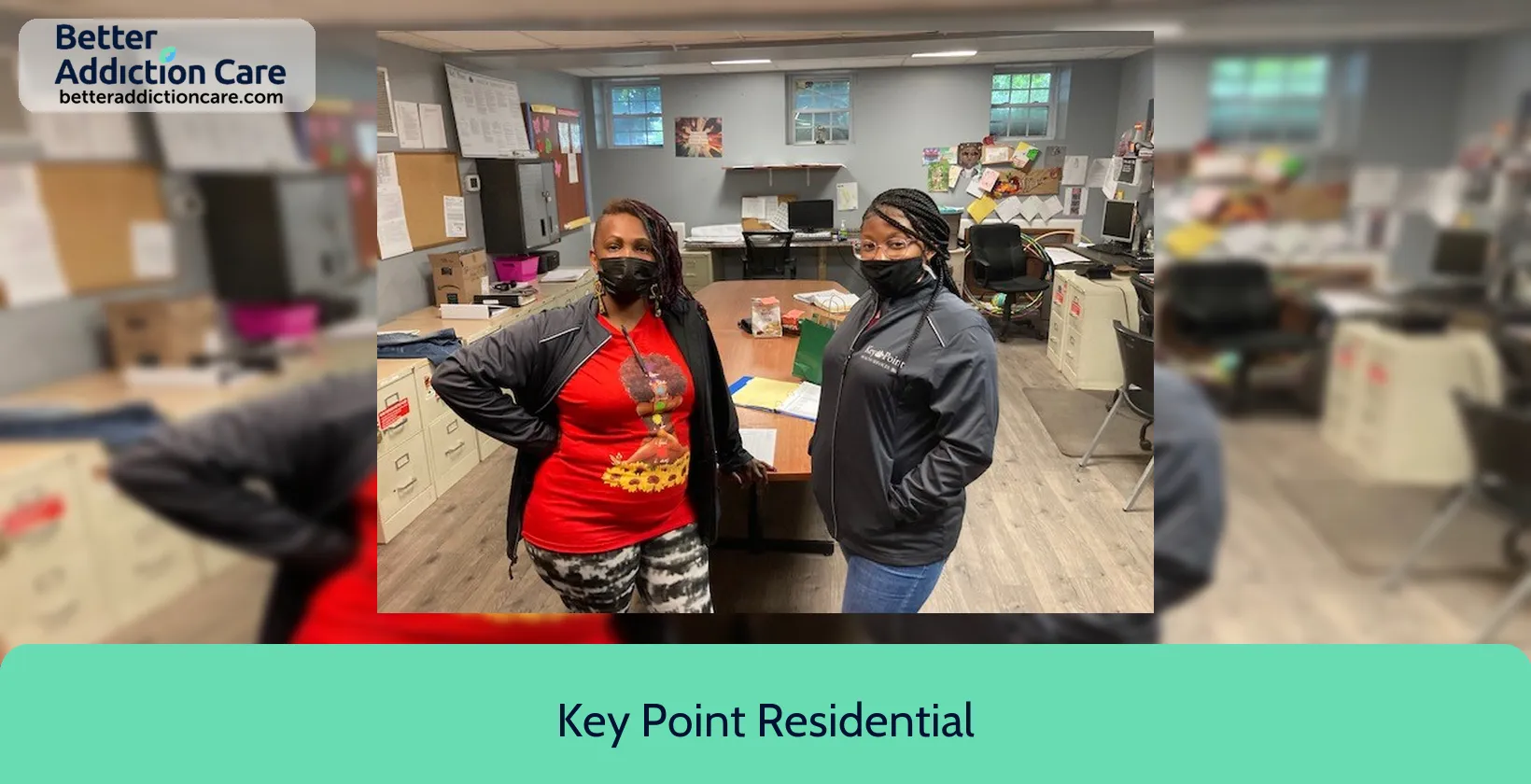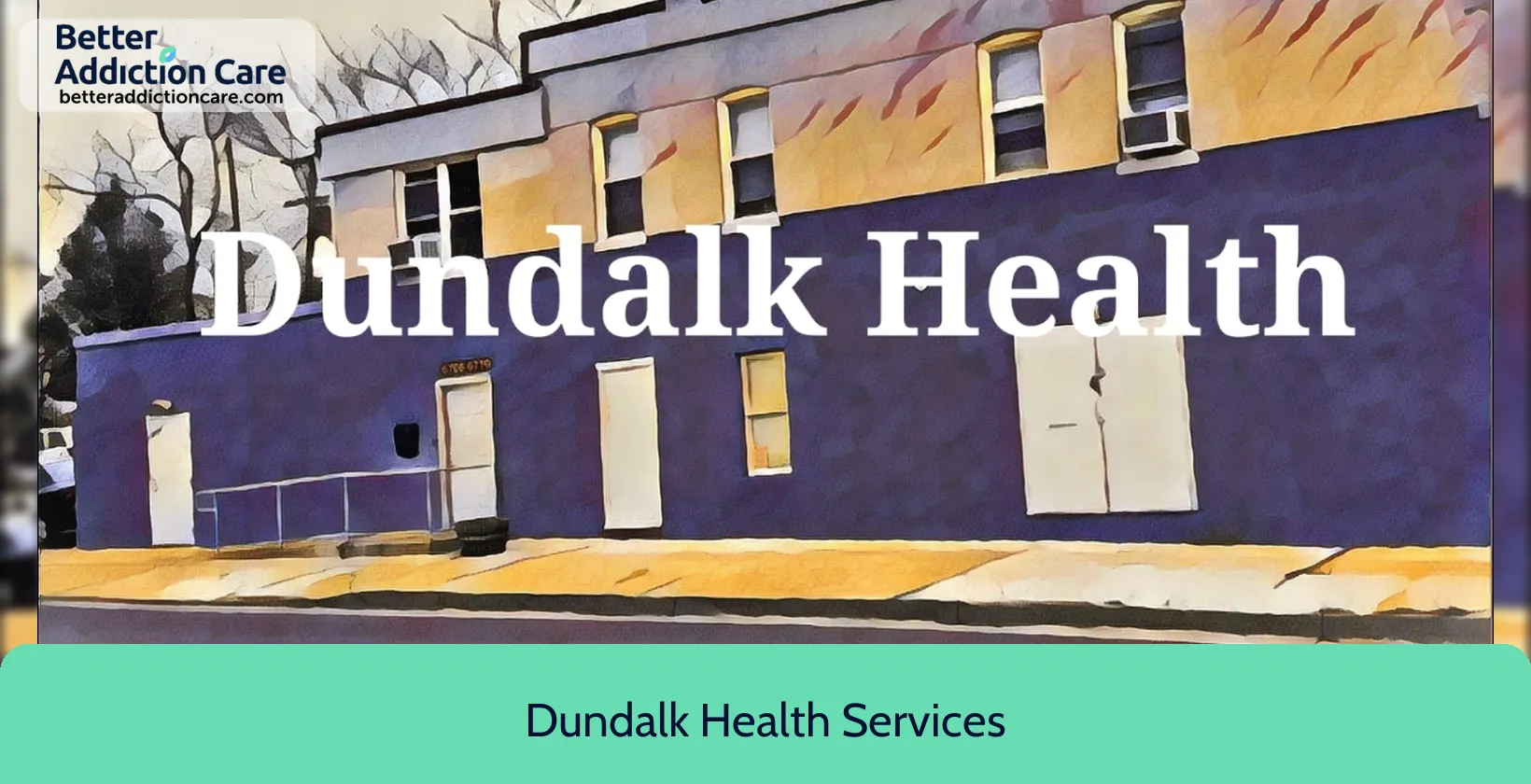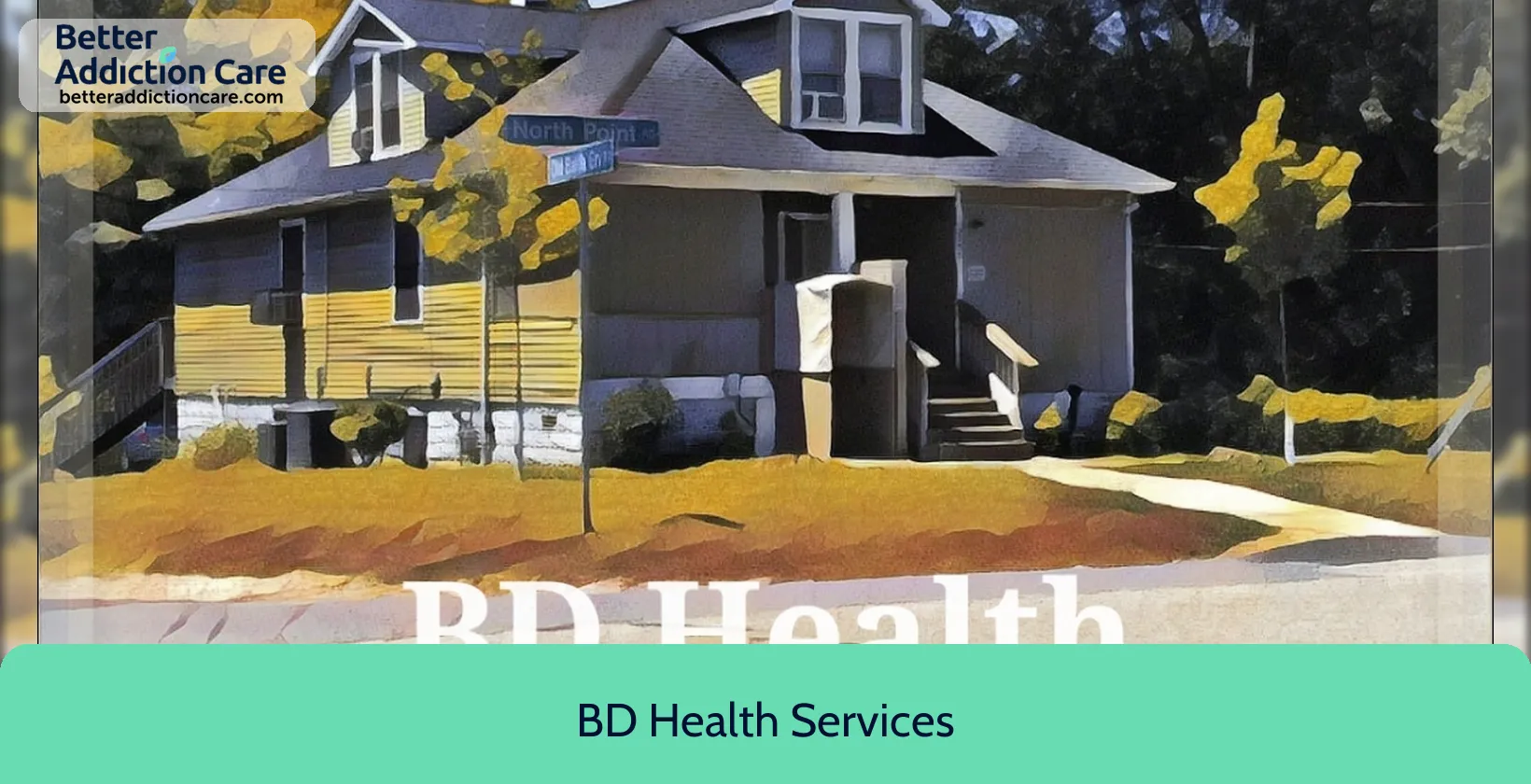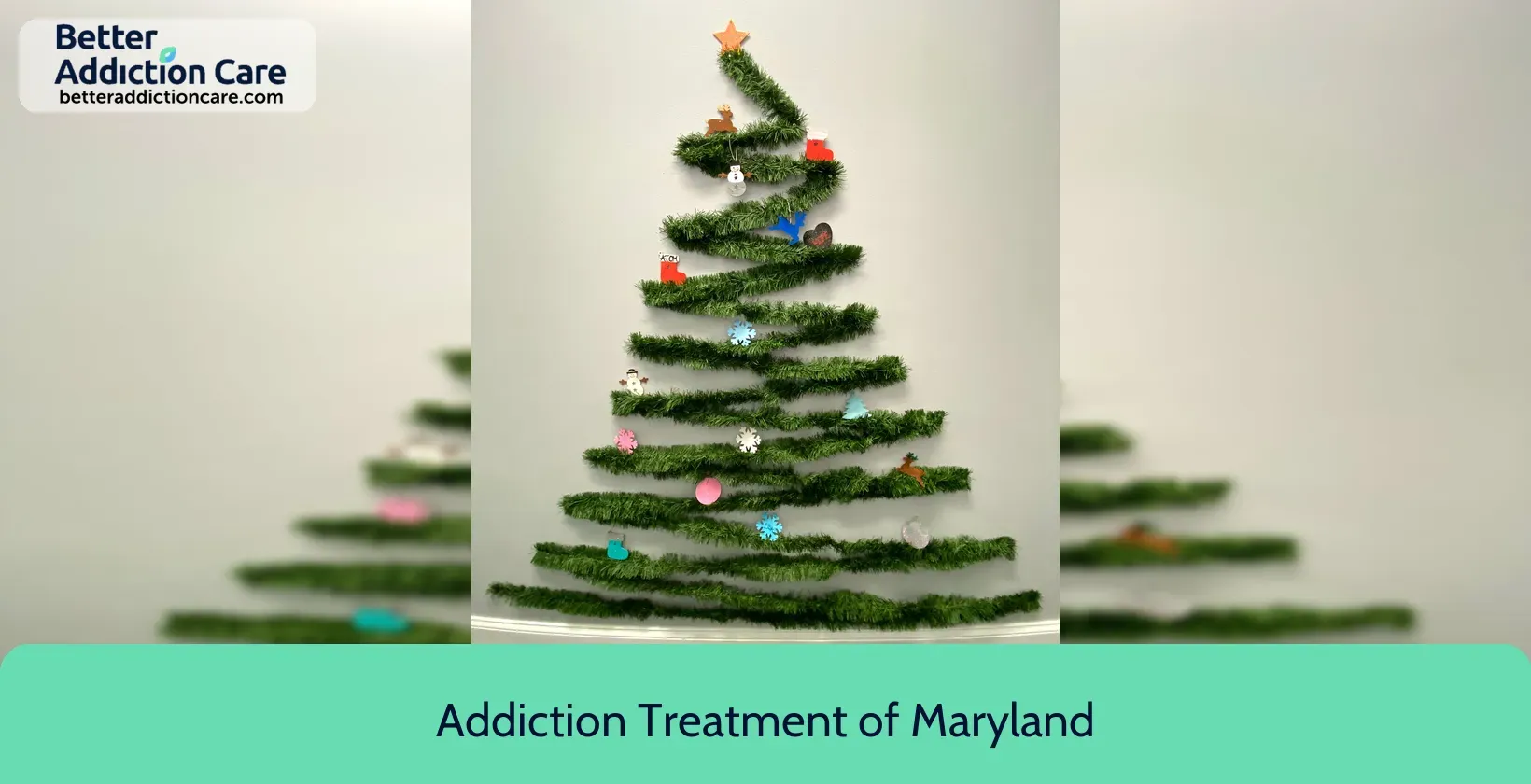
Overview
Associated Catholic Charities - Villa Maria at Dundalk is a mental health treatment center for people seeking treatment near Baltimore County. As part of their treatment modalities for recovery, Associated Catholic Charities - Villa Maria at Dundalk provides couples/family therapy, group counseling, and cognitive behavioral therapy during treatment. Associated Catholic Charities - Villa Maria at Dundalk is located in Dundalk, Maryland, accepting medicaid for treatment.
Associated Catholic Charities - Villa Maria at Dundalk at a Glance
Payment Options
- Medicaid
- Medicare
- State mental health agency (or equivalent) funds
- State welfare or child and family services funds
- State corrections or juvenile justice funds
Assessments
- Screening for tobacco use
- Comprehensive mental health assessment
- Comprehensive substance use assessment
Age Groups
- Seniors or older adults
- Young adults
- Children/adolescents
- Adults
- Seniors
Ancillary Services
- Court-ordered outpatient treatment
- Diet and exercise counseling
- Family psychoeducation
- Psychosocial rehabilitation services
- Suicide prevention services
Highlights About Associated Catholic Charities - Villa Maria at Dundalk
6.74/10
With an overall rating of 6.74/10, this facility has following balanced range of services. Alcohol Rehabilitation: 8.00/10, Drug Rehab and Detox: 6.00/10, Insurance and Payments: 6.00/10, Treatment Options: 6.97/10.-
Alcohol Rehabilitation 8.00
-
Treatment Options 6.97
-
Drug Rehab and Detox 6.00
-
Insurance and Payments 6.00
Treatment At Associated Catholic Charities - Villa Maria at Dundalk
Treatment Conditions
- Alcoholism
- Mental health treatment
- Substance use treatment
- Co-occurring Disorders
Care Levels
- Outpatient
Treatment Modalities
- Couples/family therapy
- Group counseling
- Cognitive behavioral therapy
- Dialectical behavior therapy
- Integrated Mental and Substance Use Disorder treatment
Ancillary Services
Special Programs
- Clients with co-occurring mental and substance use disorders
- Clients with HIV or AIDS
- Clients who have experienced trauma
- Children/adolescents with serious emotional disturbance (SED)
- Persons 18 and older with serious mental illness (SMI)
Get Help Now
Common Questions About Associated Catholic Charities - Villa Maria at Dundalk
Contact Information
Other Facilities in Dundalk

7.52

6.68

7.22

6.50

6.67

6.61

7.37
DISCLAIMER: The facility name, logo and brand are the property and registered trademarks of Addiction Treatment of Maryland, and are being used for identification and informational purposes only. Use of these names, logos and brands shall not imply endorsement. BetterAddictionCare.com is not affiliated with or sponsored by Addiction Treatment of Maryland.
